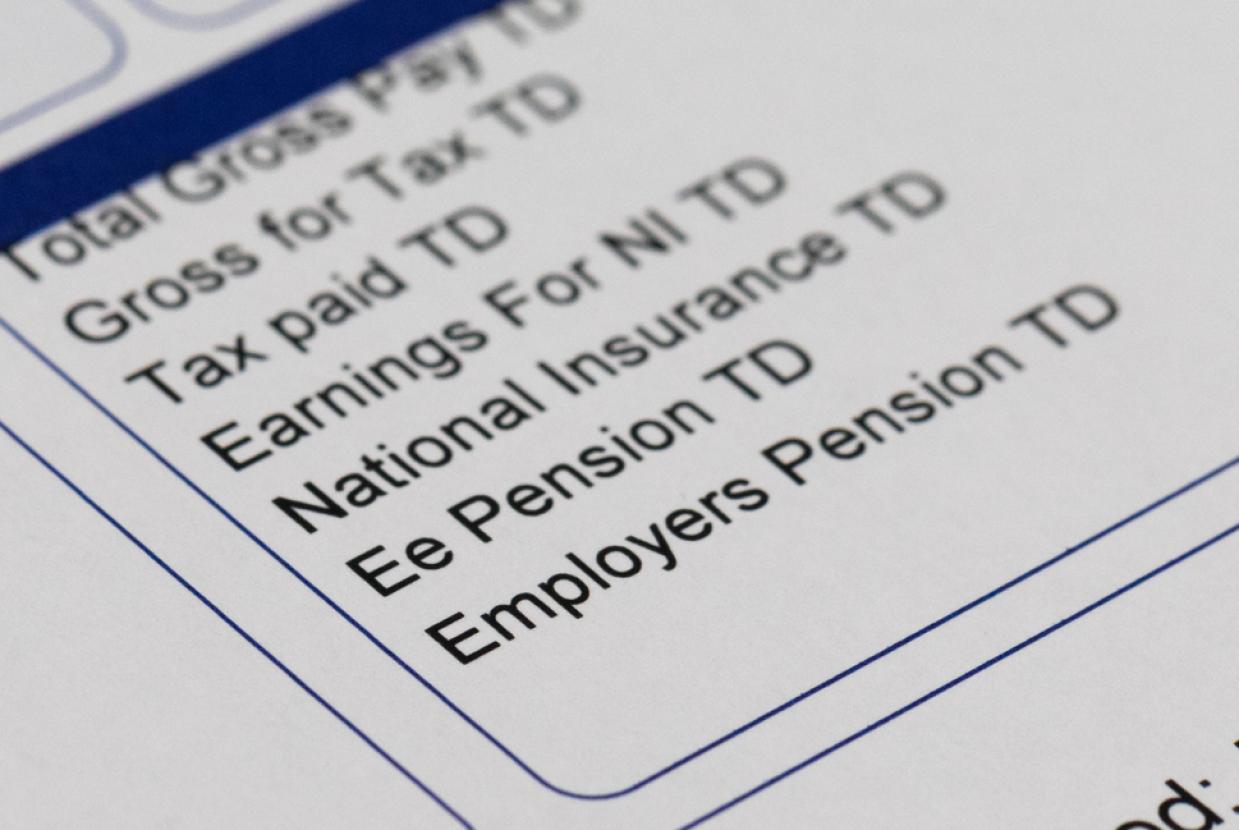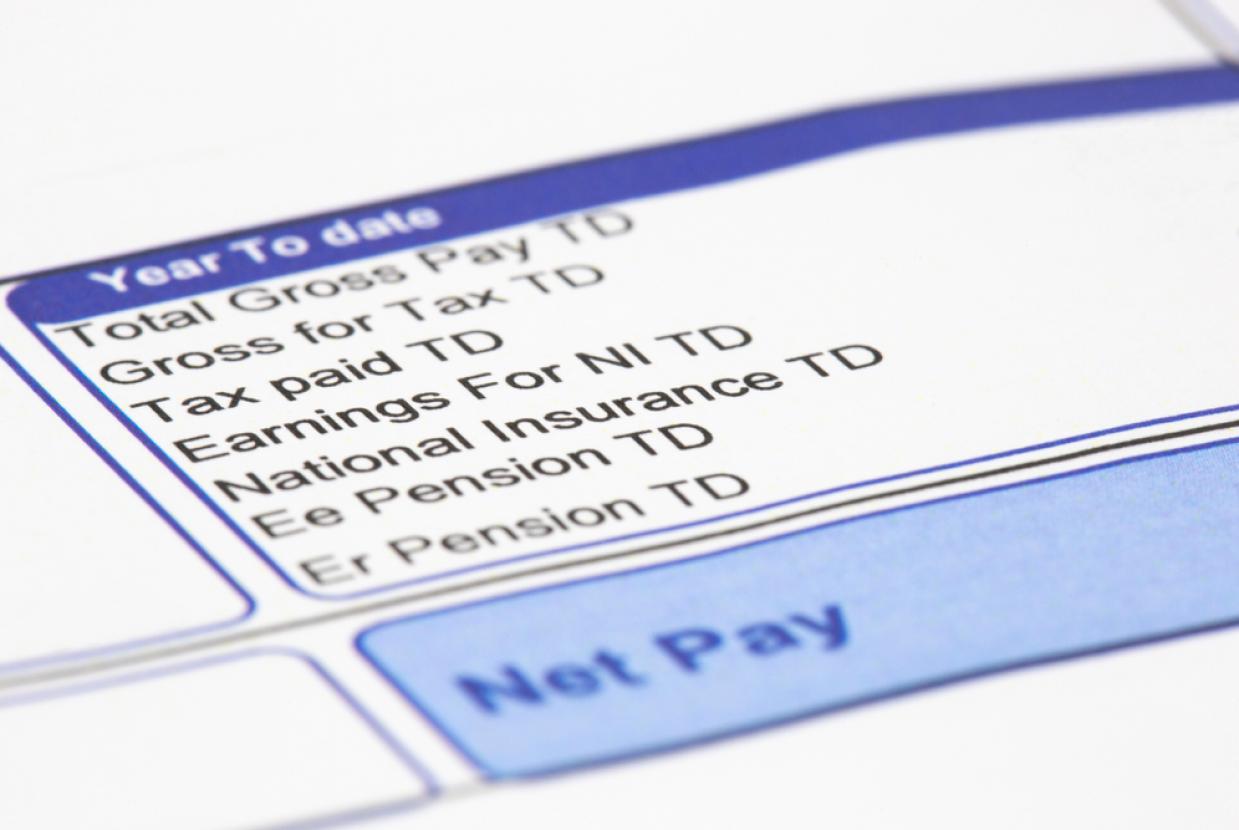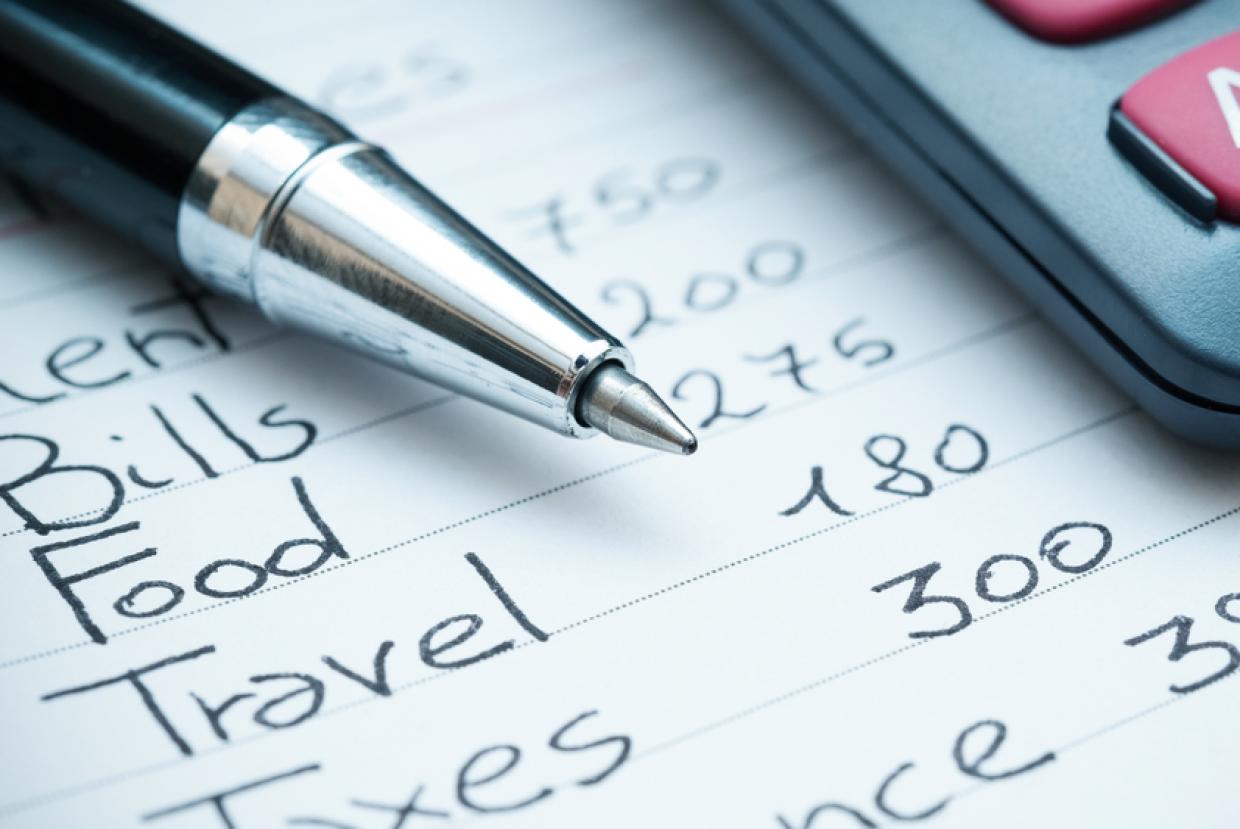Save Money Through Simple Car DIY
Financial HealthLearning basic car maintenance can help you save a fortune on repair work. Here are some simple tasks to save you time and money.
Money-saving tips
Here are some simple but important car maintenance tasks you can do yourself to save spending money and time at a garage.
Oil levels
Oil is essential for your car to function properly – it reduces the friction wearing away the engine and moving parts. Once a month check your car’s oil level using the dipstick under the bonnet.
Top it up if necessary, using the correct grade for your car and taking care not to overfill the engine. To find out how to check engine oil levels, watch this video on the RAC website.
Remember to get the oil and filter changed when your service manual recommends. As a rough rule of thumb, this will be at least once a year.
Fluid levels
Check there’s sufficient liquid in the cooling system, and top up if necessary. Include antifreeze in the mixture – it will help protect the engine from frost damage in the winter and overheating in the summer. To find out how to check coolant levels, watch this video on the RAC website.
Change the air filter
Your car’s air filter needs changing at least once a year or every 12,000 miles. Although garages often check and change the air filter during an oil change, it’s one of the easiest jobs to do yourself.
Tyre pressure and depth
At least once a month check the tyre pressure is at the level recommended in your service manual – then top up at a petrol station if necessary. Under-inflated tyres cause extra drag, which uses more fuel.
They also don’t grip the road as well, particularly around corners or when you’re braking. To find out how to check tyre pressure, watch this video on the RAC website.
Check all the tyres have at least the minimum legal tread depth of 1.6mm. This can easily be done with a 20p coin – see the diagram on the Tyre Safe website.
Windscreen and paintwork
Windscreens can crack if chips are left unattended and damaged paintwork can quickly lead to rusty bodywork, particularly in winter weather.
Although a damaged windscreen will need professional repair, scratched paintwork is relatively easy to touch up.
If your windscreen gets chipped, most insurers will cover the cost of a repair without you having to pay towards it, and your no claims discount will not be affected.
If a chip develops into a crack and your windscreen needs to be replaced your insurer will usually pay for this, but you’re likely to have to contribute £50-£100 towards the cost.
Keep it clean
Remember to wash your car regularly. This doesn’t just make it look good – it also removes the road salt, grime, tree sap, bird droppings and other dirt which corrodes the bodywork.
After you’ve washed your car, apply wax to the bodywork to create a protective barrier!




































